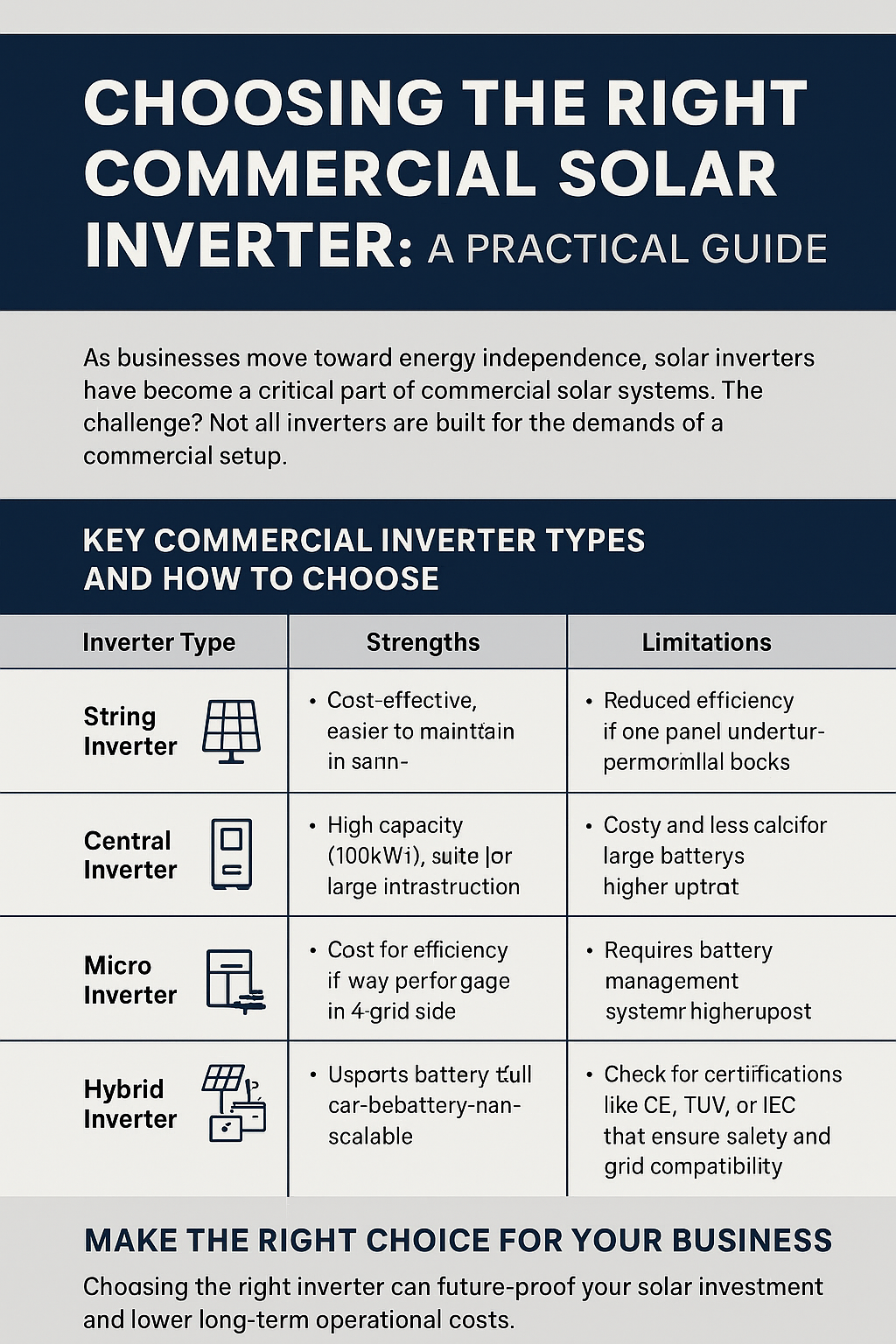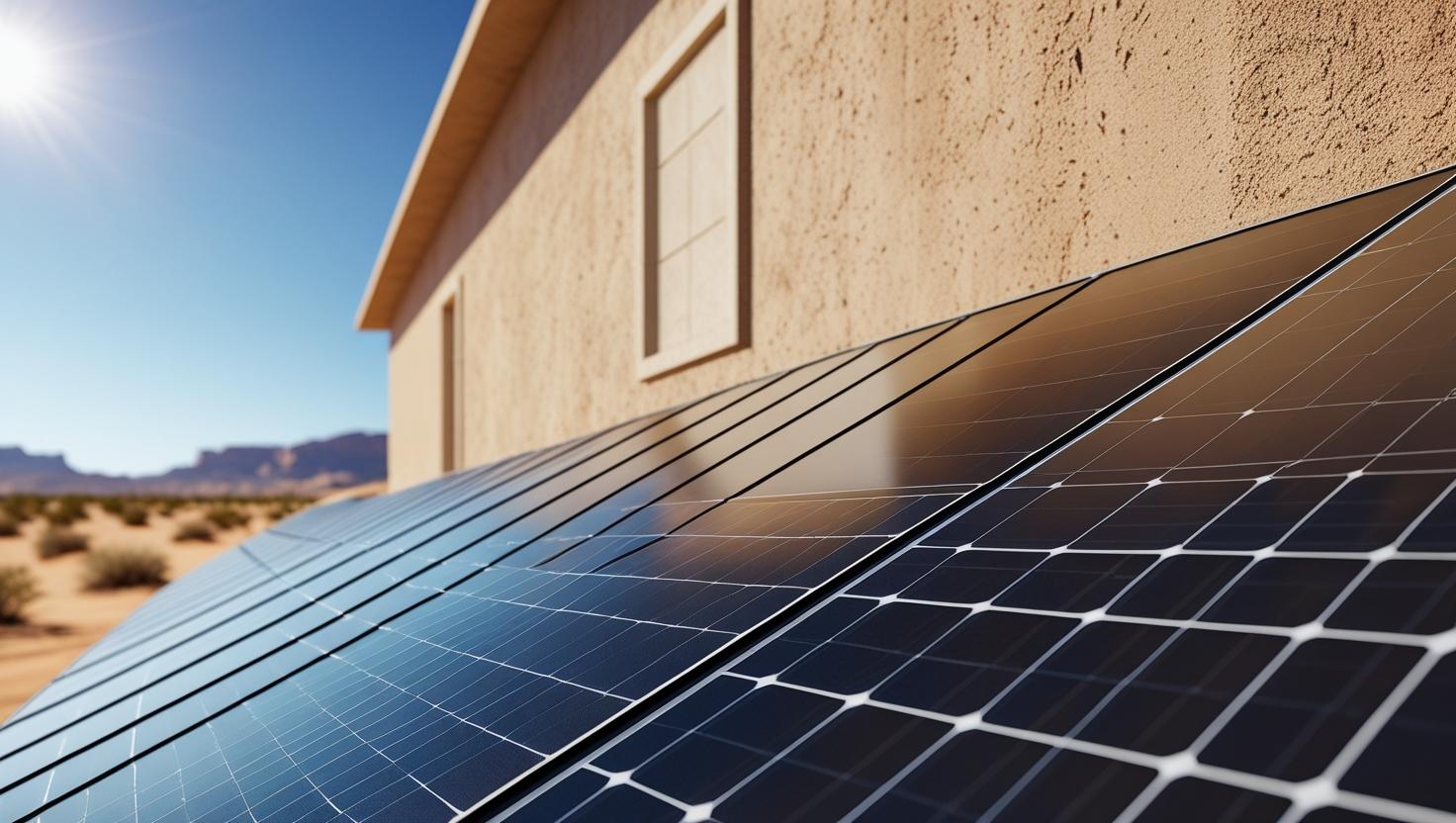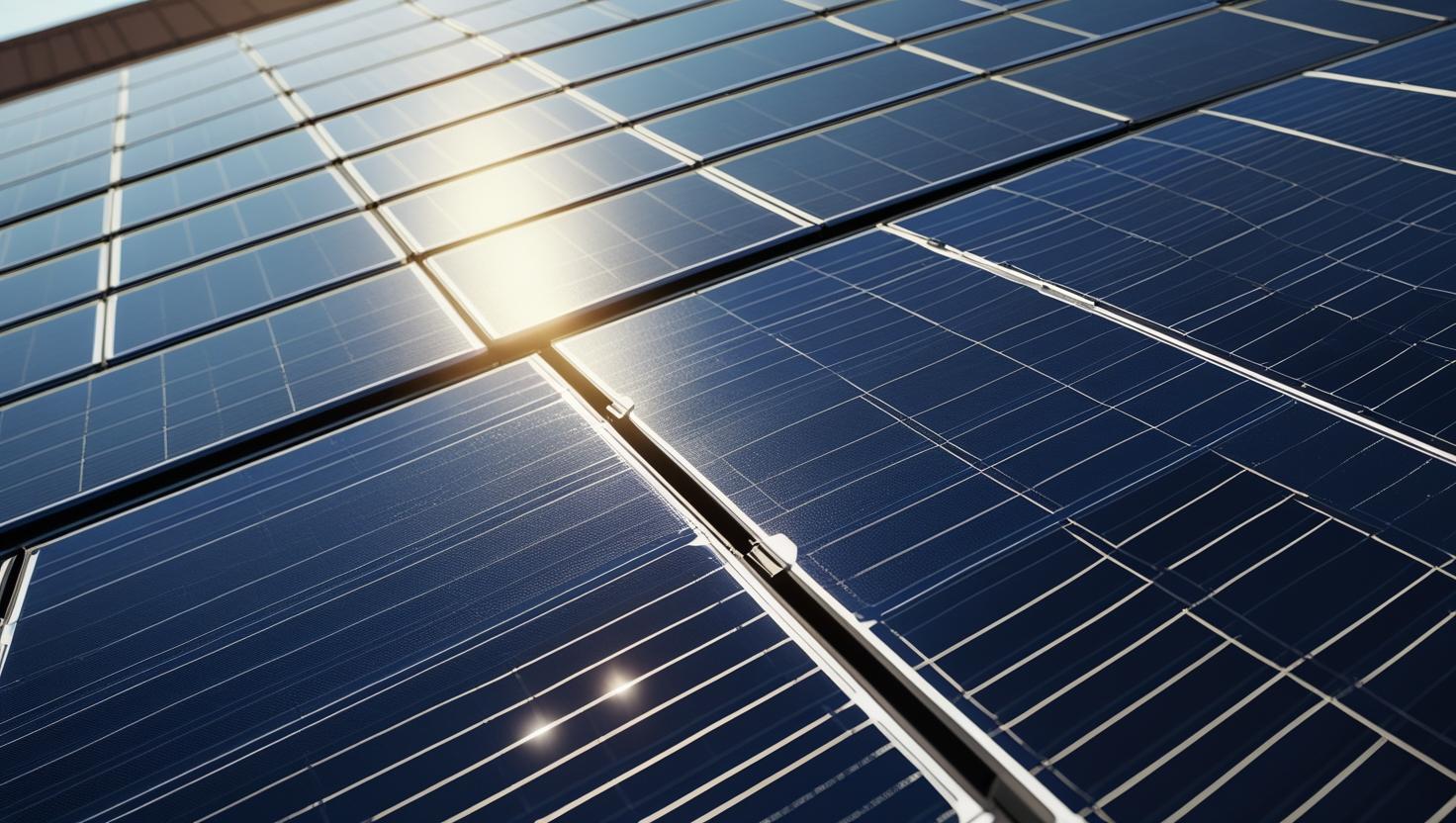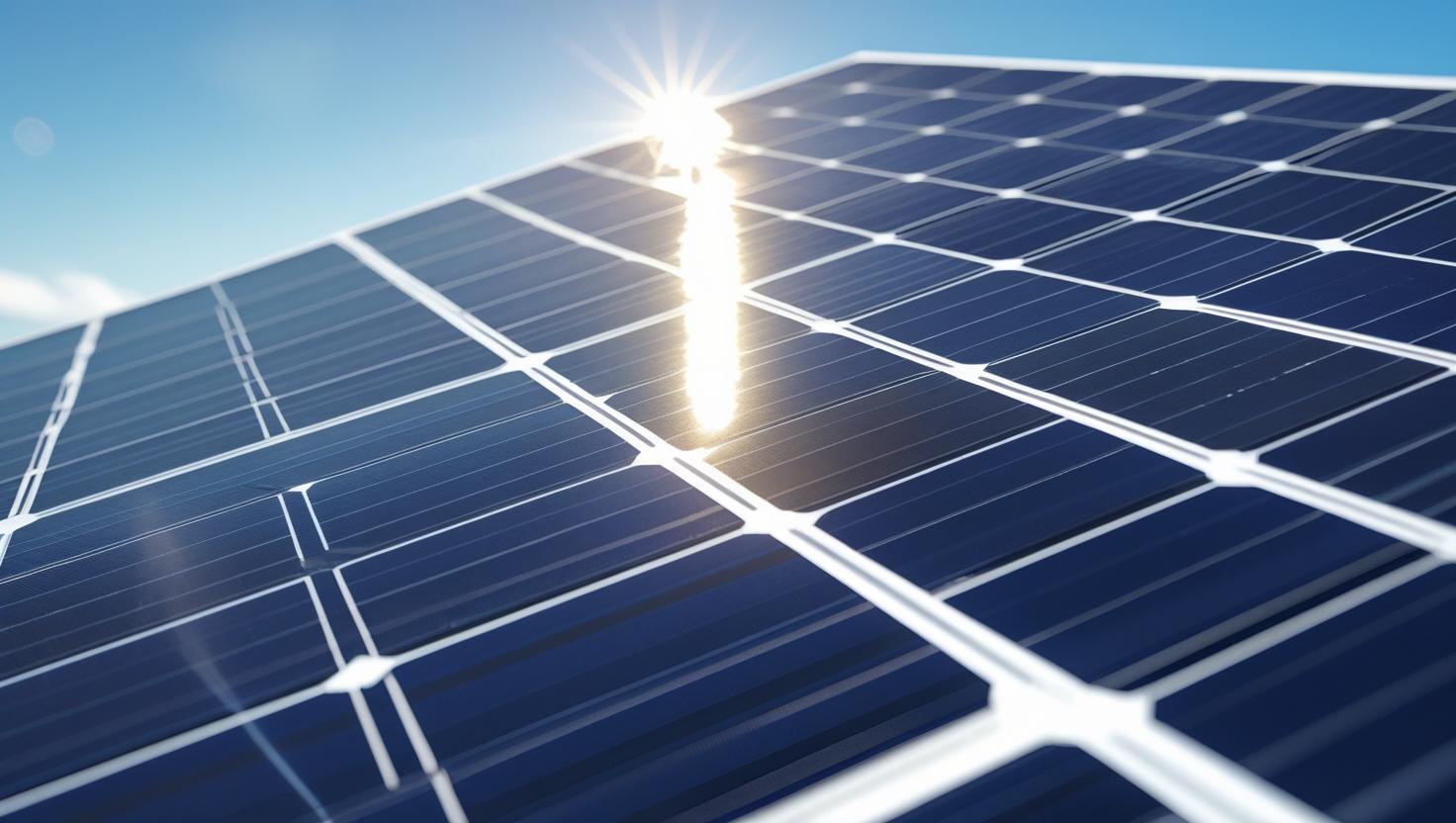
Choosing the Right Commercial Solar Inverter: A Practical Guide
As businesses move toward energy independence, solar inverters have become a critical part of commercial solar systems. The challenge? Not all inverters are built for the demands of a commercial setup. This guide helps you choose the right inverter for your business, considering real-world factors like grid reliability, load size, and future scalability.
Why Inverter Choice Matters for Businesses
Commercial solar systems operate on a larger scale than residential ones, requiring inverters that can handle high voltages, variable loads, and often continuous operation. Choosing the wrong inverter can lead to inefficiencies, higher maintenance costs, and even downtime—something no business can afford.
Key Commercial Inverter Types and How to Choose
| Inverter Type | Strengths | Limitations |
|---|---|---|
| String Inverter | Cost-effective, easier to maintain in small-to-mid setups | Reduced efficiency if one panel underperforms |
| Central Inverter | High capacity (100kW+), suited for large installations | Bulky, needs extensive cooling and space |
| Micro Inverter | Panel-level optimization, great in partial shading conditions | Costly and less scalable for large systems |
| Hybrid Inverter | Supports battery storage and grid integration | Requires battery management system; higher upfront cost |
Note: For large commercial projects, central or hybrid inverters are usually preferred due to their high capacity and scalability.
Critical Factors to Consider Before Buying
When selecting a solar inverter for your commercial system, consider the following:
-
Grid Type: Will the system be grid-tied, off-grid, or hybrid?
-
Load Profile: Does your operation require 24/7 power backup?
-
Scalability: Is future expansion planned? Choose modular systems if yes.
-
Operating Conditions: High temperatures or humidity require inverters with robust cooling and protective enclosures.
-
Compliance: Check for certifications like CE, TUV, or IEC that ensure safety and grid compatibility.
Real-World Use Cases
A logistics warehouse in Southeast Asia chose a hybrid inverter to maintain operations during frequent blackouts. By pairing it with Li-ion storage, they now run refrigeration units and lighting systems without interruption, saving over $20,000 annually in diesel generator costs.
Meanwhile, a retail chain in Africa opted for central inverters due to large rooftop solar arrays across multiple outlets. The centralized control allows easier monitoring and cost-effective maintenance across locations.
Common Questions Answered
Q1: Do I always need a hybrid inverter for commercial use?
Not necessarily. If you have stable grid access and no need for battery backup, a grid-tied string or central inverter may suffice.
Q2: Can I retrofit my system later with batteries?
Only if your inverter is hybrid-compatible or modular. Always check expansion capability during purchase.
Q3: What is the average lifespan of a commercial inverter?
Most quality inverters last 10–15 years. Brands like thlinksolar offer long-term warranties and industrial-grade build quality.
Make the Right Choice for Your Business
Choosing the right inverter can future-proof your solar investment and lower long-term operational costs. Atthlinksolar, we offer a range of certified inverters built for the challenges of commercial applications—from grid-tied to advanced hybrid models with energy storage support.
To explore our commercial inverter options, visit ourhomepageorcontact usfor a custom quote.




